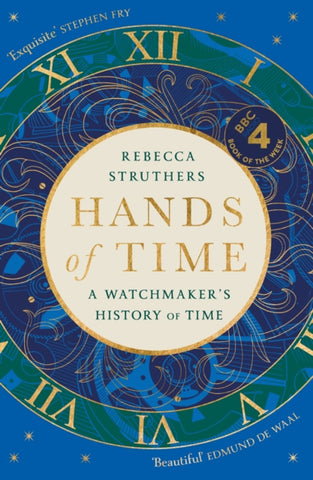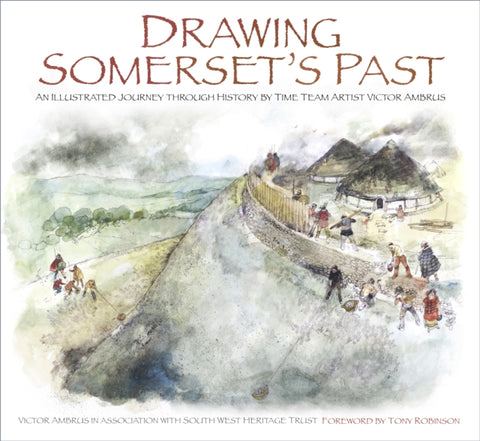
Binding: Paperback,
Date of Publication: 11/06/2024,
Pagination: 272 pages, 193 color + 50 b-w illus.,
Series: N/A,
Imprint: Yale University Press,
Published By: YALE UNIVERSITY PRESS ,
Book Classification: Architecture
Dimensions: 222 x 270 x 22mm
Weight: 1092g
ISBN13\EAN\SKU: 9780300276978
An engaging account of the cottages orné, exploring the history of this charming architectural form’s aesthetic values, cultural impact, and lasting influence Tracing the history of cottages ornés (ornamental cottages), this copiously illustrated volume offers an engaging survey of an often-overlooked architectural genre. An invention of mid-eighteenth-century England, these cottages were designed to facilitate a more informal way of living and were built in different guises that range from royal and imperial cottages to the working-class lodges that still dot the English countryside. Analyzing cottage designs by some of the leading architects of late-Georgian England—including Robert Adam, John Soane, and John Nash—Roger White explores the aesthetic values that made the form so appealing. Following the development of cottages ornés across Britain, Europe, North America, and Australasia, White reveals the significant impact of the genre on social, cultural, and political history and examines the influence of cottage design on the architectural developments of the Victorian period and even the twentieth century.




